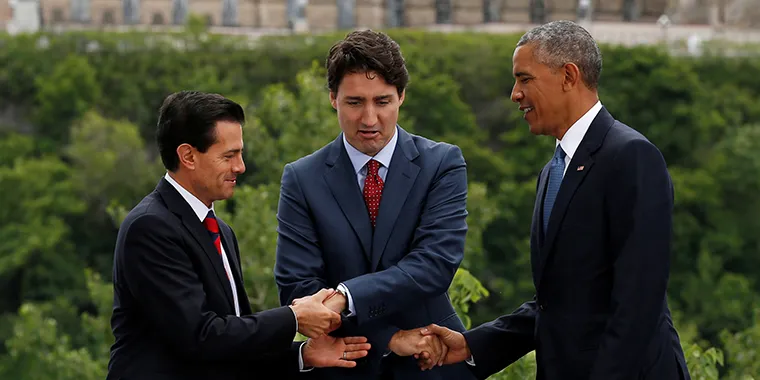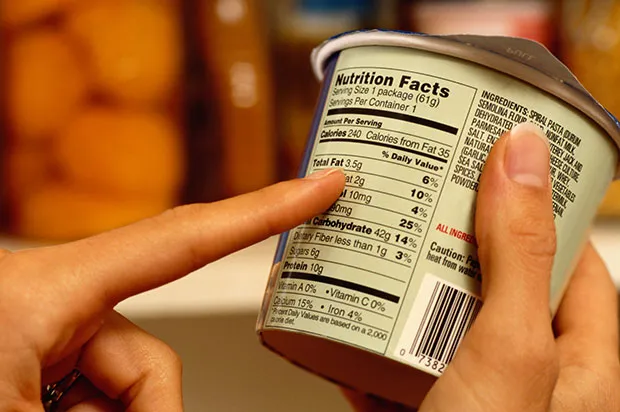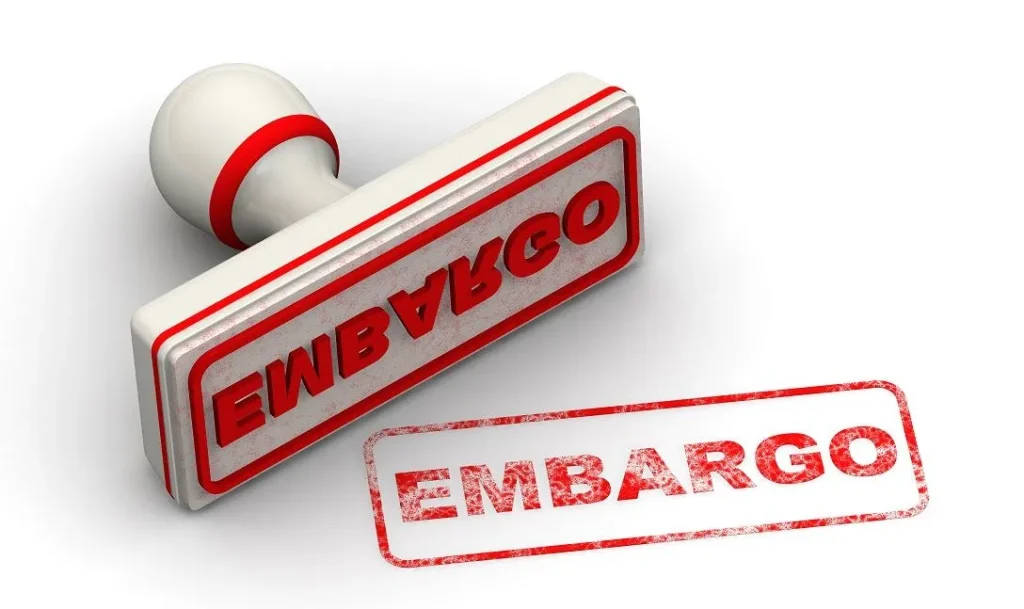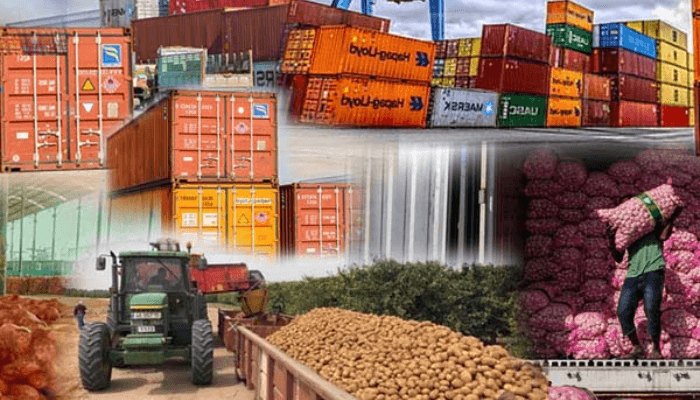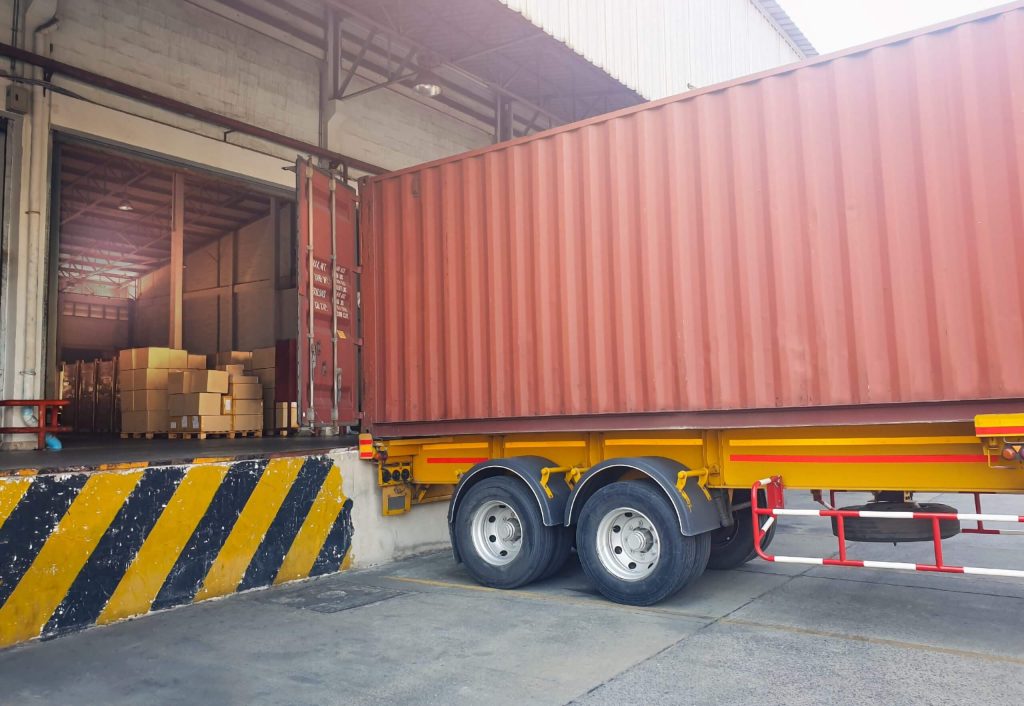
Exporting local products to international markets can bring massive opportunities for economic growth. However, the /success of these exports often depends on the policies implemented by the government. From trade agreements to export incentives, these policies can either support or limit the growth of local businesses. In this article, we’ll explore how government decisions shape the export landscape for local products.
1. Trade Agreements and Tariffs
One of the most influential tools governments use is trade agreements. These deals can reduce or eliminate tariffs between countries, making it easier and more affordable for local products to reach foreign markets. For example, if a country has a free trade agreement (FTA) with another nation, exporters may benefit from lower costs and smoother customs procedures.
However, high tariffs or complicated customs regulations can make local products less competitive abroad. That’s why favorable trade policies are essential for boosting exports.
2. Export Subsidies and Incentives
Many governments provide financial support to encourage local businesses to export. These can include tax breaks, grants, low-interest loans, and export training programs. For small and medium enterprises (SMEs), these incentives can reduce the risks and costs involved in entering global markets.
Without such support, it becomes much harder for local producers to compete internationally, especially against larger corporations with more resources.
3. Quality Standards and Certifications
Governments often set rules regarding the quality, packaging, and safety of exported goods. These regulations help ensure that products meet international standards, which can build trust with foreign buyers.
At the same time, if these standards are too strict or unclear, they can become a barrier for smaller producers. Governments need to strike a balance—protecting quality without discouraging local businesses.
4. Infrastructure and Logistics Support
Smooth logistics are key to successful exports. Governments that invest in ports, roads, and digital trade platforms make it easier for local products to reach international markets efficiently.
If the infrastructure is poor or outdated, it adds delays and costs that hurt the competitiveness of local exporters.
Conclusion
Government policies play a critical role in the success or failure of local product exports. Through smart trade agreements, financial incentives, supportive regulations, and solid infrastructure, governments can empower local businesses to go global. For entrepreneurs, understanding these policies is key to seizing export opportunities and navigating the challenges of international trade.

